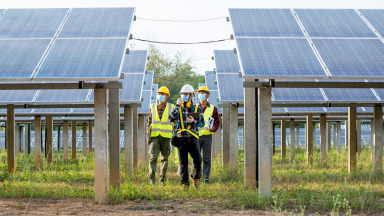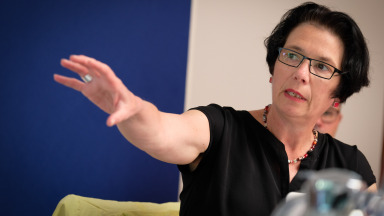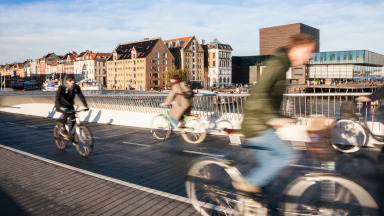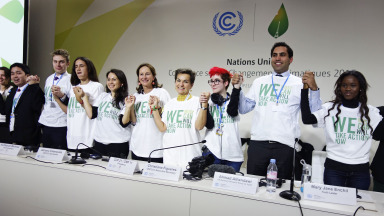"The German government has made important changes as it charts a new course for sustainability policy," commented the co-chairs of Science Platform Sustainability 2030 – Daniela Jacob, Mark Lawrence and Christa Liedtke – on the latest revision of the German Sustainable Development Strategy, which was approved and published by Cabinet on Wednesday, 10 March 2021. The introduction of six transformation areas in conjunction with enhanced reporting processes around the so-called "off-track indicators" and the related measures is a particularly promising development, they said.






